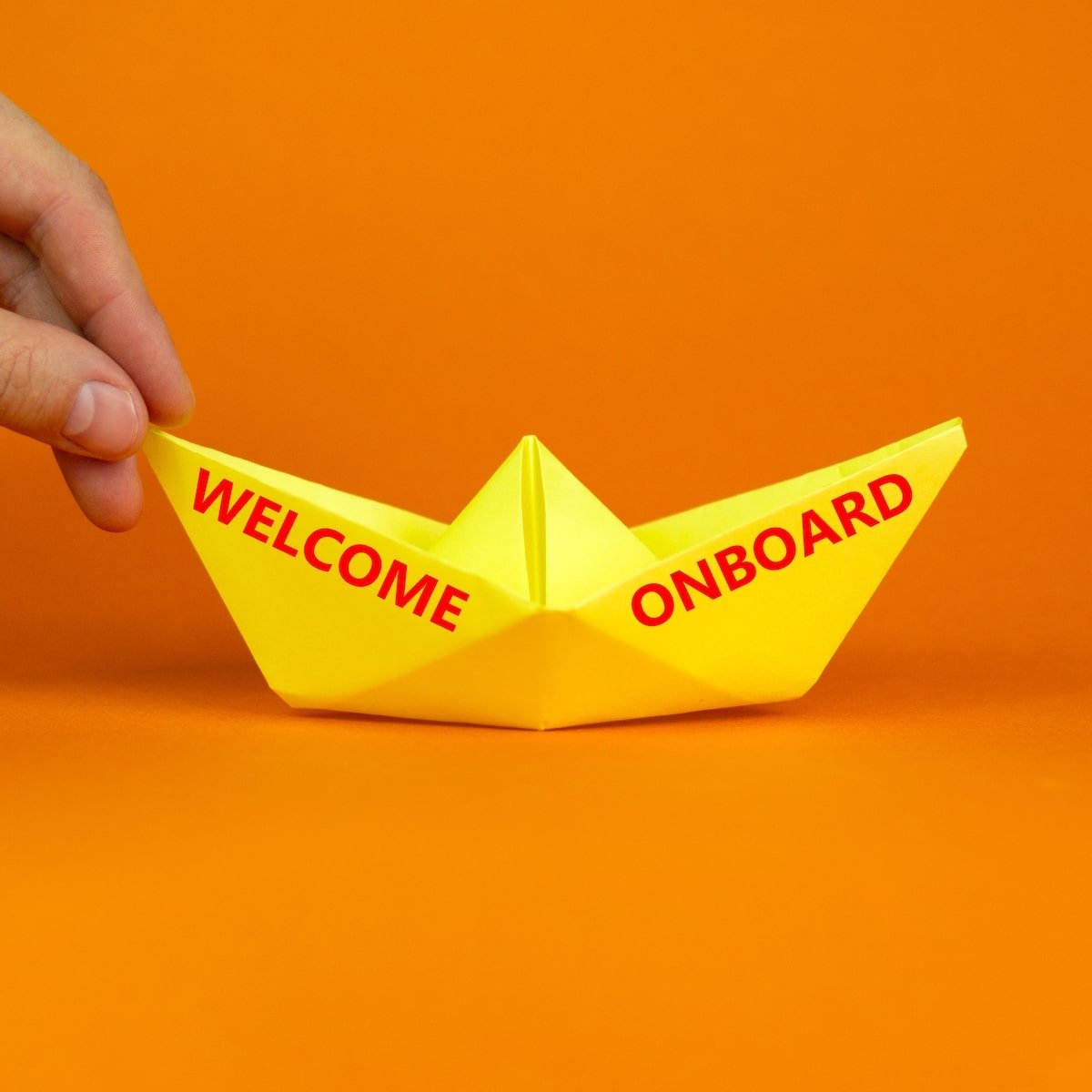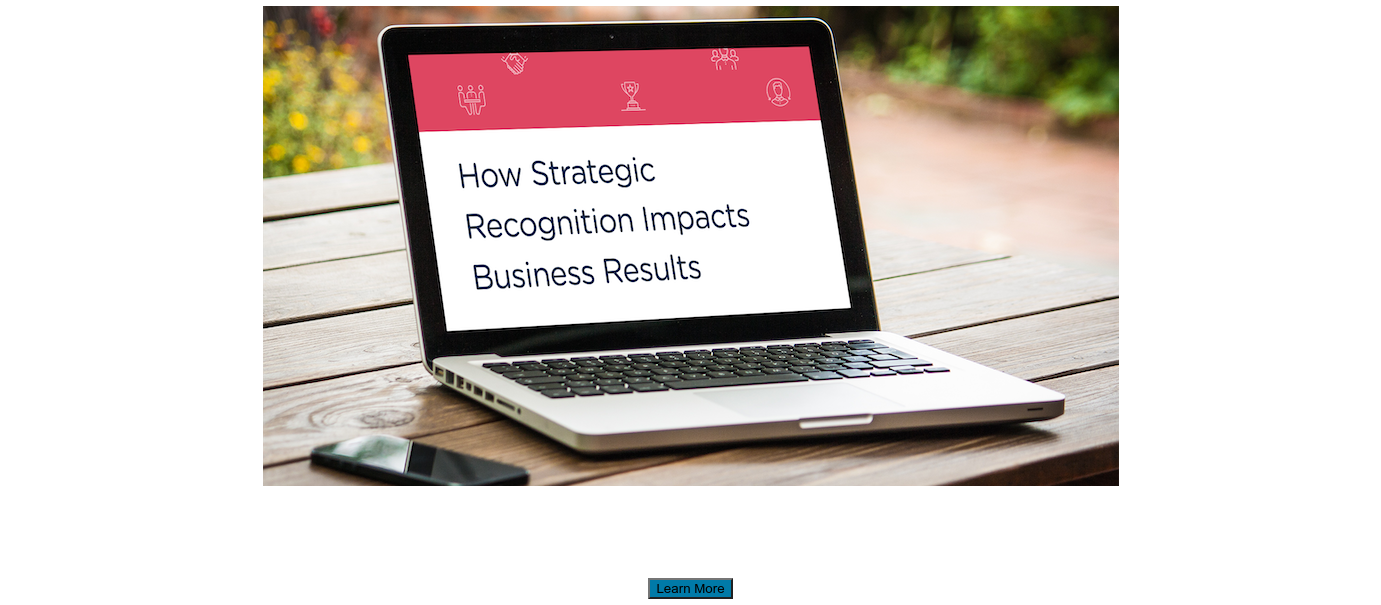Onboarding is a stressful time. Not only for the company representative who is hard at work ensuring all the housekeeping is done, but for the new hire. They may have a lot racing through their minds, such as worrying about whether they arrive on time, or perhaps concern around how they’ll connect with their colleagues that first day.
But another thing on the minds of new employees is whether they made the right decision leaving their previous employer and starting with a new company. One great way to ease their concern and counter any second thoughts is to bring recognition into the onboarding process.
Bringing the power of recognition to new hires to create a positive onboarding experience
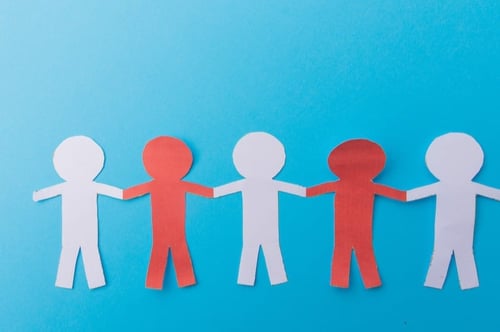 Up to 17% of new hires never last past their 90 days. With the substantial price tag tied to employee turnover that includes calculating the expense of recruitment cost, onboarding costs, training costs and lost productivity from an unfilled position, investing a little more to include recognition with your onboarding will have a huge ROI in just a short time.
Up to 17% of new hires never last past their 90 days. With the substantial price tag tied to employee turnover that includes calculating the expense of recruitment cost, onboarding costs, training costs and lost productivity from an unfilled position, investing a little more to include recognition with your onboarding will have a huge ROI in just a short time.
By adding best practice recognition within onboarding processes, you can see results that have a long-lasting impact on your business.
Let's walk through some ways that recognition can create a more positive onboarding experience for new hires:
Builds belonging
When new hires first start with a company, they may suffer from outsider syndrome. They don’t know anyone. They don’t fully understand the company culture, the norms, the inside jokes. They are on the outside, looking in. With recognition, they are instantly introduced to the company and its people and brought up to speed quickly. They will not only learn "cultural norms," but also what matters most to the business in relation to the projects people are working on and what success looks like from the get-go.
 Builds community and teamwork
Builds community and teamwork
By recognizing new hires in their early days, you’ll immediately remove the barrier standing between a new person joining and becoming a contributing member to the team or standing in the background to see how things will go.
The earlier the new hire feels appreciated for signing up for the job, the quicker they will become part of the community and contribute to the team.
Try also asking new hires what ideas they have for recognizing others. New hires will likely have an interest – but may lack the confidence – to recognize those that are helping them. Getting them recognizing others as a means to build early connection will help you build a stronger recognition culture one new hire at a time.
Improves the overall employee experience
Because many new hires come into orientation with the expectations that the start of any new job will be hard at first, they begin their time with the company with a level of apprehension and anxiety. Building an onboarding process that has positive recognition not only alleviates the first day’s stress, but also creates an excitement and anticipation for things to come.
How to show recognition during onboarding
There are multiple ways to show recognition during the start of an employee journey with the company that can be done at different phases of the onboarding process.
Reach out before day one
One of the first things that companies can do to show recognition during onboarding is to send a welcome note before the new employee even starts. Onboarding is all about getting a person situated with success, and cards, letters and inviting emails to show the new employee that the company is glad they chose to join the organization.
Keep recognition preferences top of mind
People are diverse and have different preferences. When thinking about employee rewards for your new hire, ask what they view as important, what hobbies they enjoy, or what things they are passionate about and develop recognition rewards that reflect them as individuals. For example, the person who enjoys amusement parks would enjoy discount tickets as a reward or a person with a favorite charity can be rewarded with the ability to donate to that cause. Giving employees choice in what they receive when they’re rewarded will start you off on the right foot!
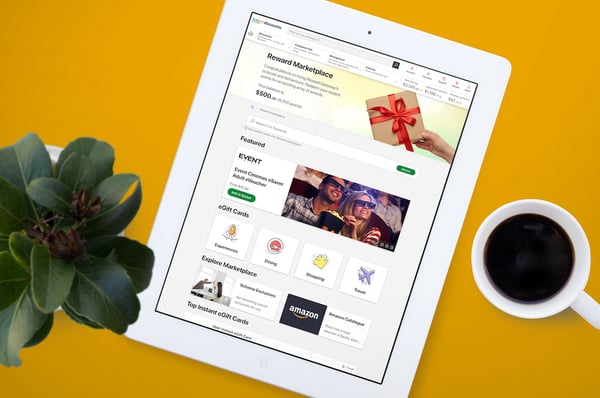
Also, listen to what they say in terms of their preferences for recognition – this is where private versus public social recognition can be helpful in understanding the ways people give and receive recognition.
Welcome them with company swag
When the new employee first arrives at the workplace or logs onto their laptop, having a “Welcome to the team” basket of gifts or company swag delivered to their home or set up at their workstation provides instant recognition before they've even started. Company shirts and mugs can be added and gifted for an extra dose of brand appeal to make them feel connected to the wider business. Plus, other handy gadgets such as phone or tech chargers will inspire the new hire and show them that the company sees them as a person and not just a number filling an empty role.
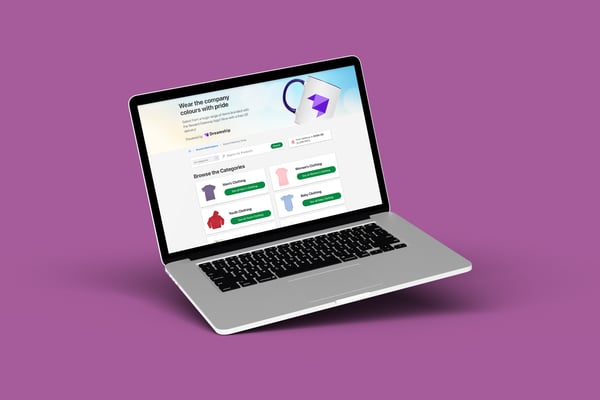
Gift them your time
Set up regular times to touch base with department stakeholders or peers in advance so your new hire will know they have a set time to ask those simple but important early questions. Knowing that someone on the team is focused on them throughout the early days will ensure the person understands the value they add and feels welcomed.
Serve up a free meal

Another way would be to provide lunch or dinner at the workstation or delivered during working hours. This recognizes and celebrates the new employee's first day and presents another means for staff to meet and greet. If an in-person lunch isn’t possible, you could send them a meal voucher through a rewards program to get the lunch or coffee break they would typically most enjoy.
Special services for remote workers
For remote workers, showing recognition during onboarding especially important because of the lack of interaction remote work can bring. Consider having group virtual meetings to congratulate and encourage the new hire during orientation to boost connections during remote onboarding. Share a virtual meal and encourage others to join in on welcoming the new hire.
Key takeaway
With all the stress associated with so many “firsts,” making the first recognition for the new employee meaningful and during orientation will take a lot of that anxiety away. Feeling instantly accepted and included not only improves the employee experience, but also creates bonds that are going to likely last a long time. Get in touch with us to learn more about how you too can combine a recognition program with your onboarding process for new hire success.

 Carla Sutherland
Carla Sutherland
